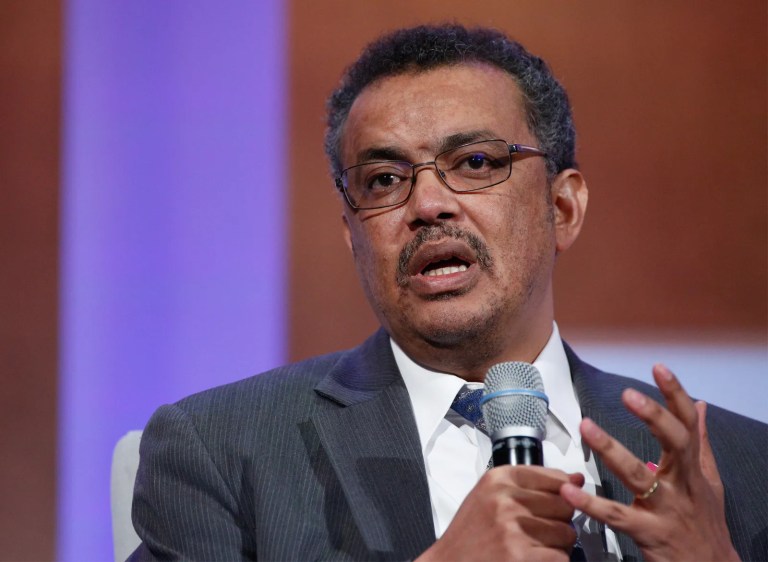Health
WHO to Rename Monkeypox to Remove African Stigma

The World Health Organisation says it is working with experts to come up with a new name for monkeypox.
Tedros Adhanom Ghebreyesus, the WHO’s director general, announced Tuesday morning that the organization is “working with partners and experts from around the world on changing the name of monkeypox virus, its clades and the disease it causes.” He said the WHO will make announcements about the new names as soon as possible.
More than 30 international scientists said last week that the monkeypox label is discriminatory and stigmatizing, and there’s an “urgent” need to rename it. The current name doesn’t fit with WHO guidelines that recommend avoiding geographic regions and animal names.
They claim that continuing to refer to the virus as African is both inaccurate and discriminatory.
In recent weeks, approximately 1,600 cases of the disease have been reported worldwide.
Monkeypox has been endemic in West and Central Africa for decades, but cases have been linked to animal spillover rather than human-to-human transmission. In previous outbreaks outside of African countries, such as the one in the United States in 2003, cases were linked to contact with infected animals or travel to endemic areas.
While it is still unknown how monkeypox entered humans in the current outbreak, the virus has spread through close, intimate contact; a deviation from previous outbreaks.
Scientists at the WHO and other organisations have noted that the virus received little international attention until it spread outside of Africa. Every case of monkeypox “should be treated with the same attention and sense of urgency as those currently occurring in European countries and North America,” a group of 30 scientists wrote in a letter last week.
The CDC had reported 65 monkeypox cases in the United States as of Tuesday, June 14, including 15 in California and 11 in New York. The largest current outbreak, with 470 reported cases, is in the United Kingdom.
Monkeypox has been discovered in a wide range of mammals. The precise source has yet to be identified.
Moreover, despite the fact that it has been endemic in West and Central Africa for decades, documented cases have involved animal spillover rather than transmission between or among humans.
-

 Politics7 days ago
Politics7 days agoJUST-IN: George Turnah Welcomes Isaac Amakuro’s Disassociation from G-House Political Family
-

 Business2 days ago
Business2 days agoAn Open Appeal To The Gov. Of Bayelsa State, Sen. Diri Douye Regarding The Removal Of My Prominent Billboard On Azikoro Road, Near Ekeki Park.
-

 News3 days ago
News3 days agoPolice have arrested three suspects who offered a pregnant woman N30 million to terminate her six-month-old fetus for a ritual in Niger State
-

 Crime7 days ago
Crime7 days agoWhy I Butchered Student I Met on Facebook – Kwara Cleric
-

 Gist2 days ago
Gist2 days agoA housewife in Bauchi has stabbed her husband to death during a dispute over child custody
-

 Politics6 days ago
Politics6 days agoBreaking News: The Federal High Court has ordered PDP to go ahead with its South-South Zonal Congress
-

 Politics2 days ago
Politics2 days agoTension in Osun: LG Workers Stand Their Ground, Defy APC’s Resumption Order
-

 Politics6 days ago
Politics6 days agoRivers Crisis: Eze Warns Tinubu That Posterity Will Judge Him If Fubara Is Humiliated





